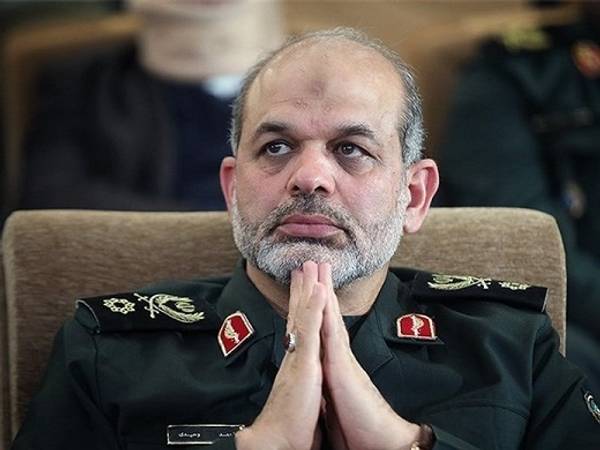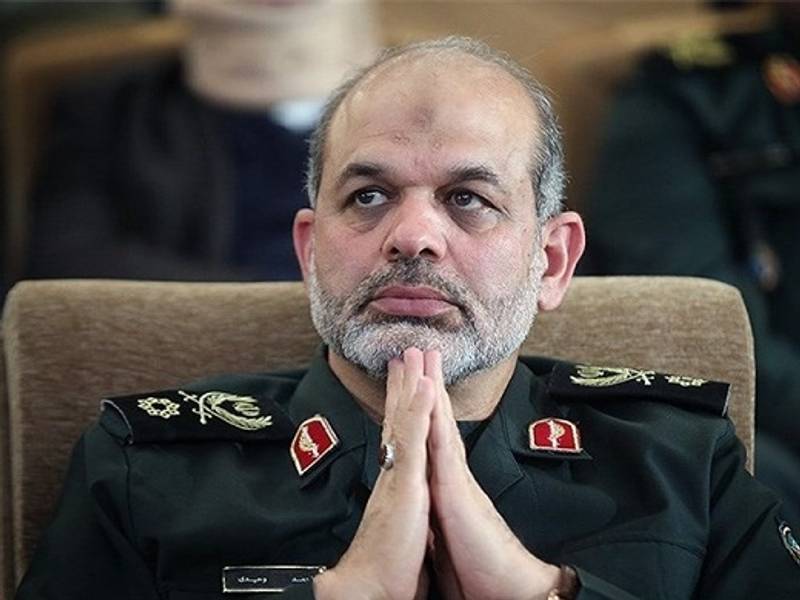Iran's interior minister has appealed to the Taliban to take more measures to ensure Iran's water rights from the Helmand River, known as Hirmand in Iran.
The river plays a vital role in sustaining both Afghanistan and Iran, serving as a critical source for agriculture and drinking water. However, it has been a persistent source of tension between the two neighboring countries.
Iran has long accused Afghanistan of obstructing the river's water flow through the construction of dams, a claim vehemently denied by Afghan authorities.
During a Monday meeting with Abdul Ghani Baradar, the Deputy Prime Minister for Economic Affairs in the Taliban government, Ahmad Vahidi also engaged in discussions with a Taliban official on matters related to border security, counterterrorism, and creating conditions for the return of Afghan refugees, as reported by the IRNA state news agency.
Baradar, along with a 30-member delegation of Taliban officials, arrived in Tehran on November 4 and is expected to travel to other provinces in Iran, according.
Vahidi said during the meeting, "The issue of water casts a shadow on the medium-term and long-term plans of the two countries, and efforts must be made to resolve the problem."
Tensions regarding the Helmand River have persisted since the spring, and in early June, a clash between Iranian border forces and the Taliban resulted in the death of at least one Iranian soldier.
In the Taliban’s statement, it is said that Baradar requested that Iran release Afghan prisoners accused of minor crimes from prisons and transfer other Afghan prisoners to the Taliban government.
Iranian officials estimate that there are five million Afghans in Iran, with only 780,000 having refugee status, while the majority are undocumented. Some estimates even reach as high as eight million.

